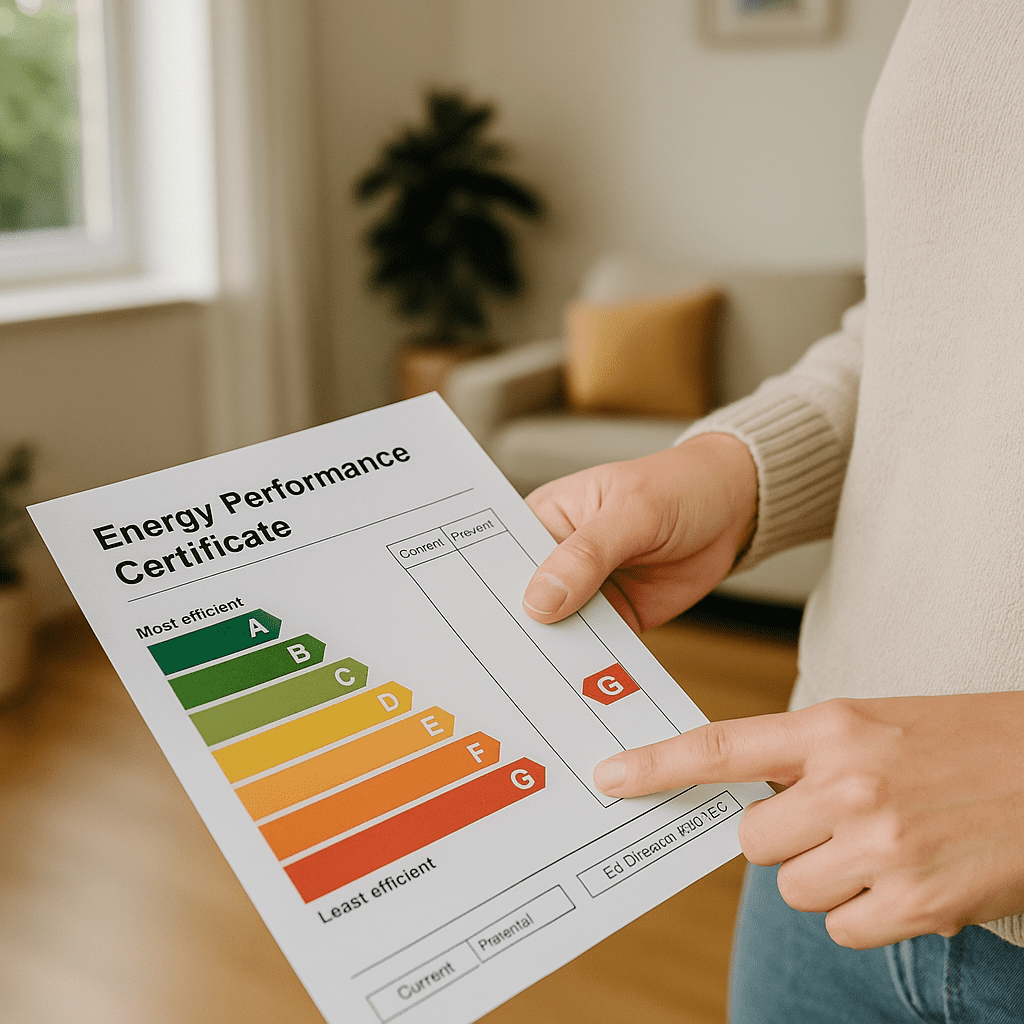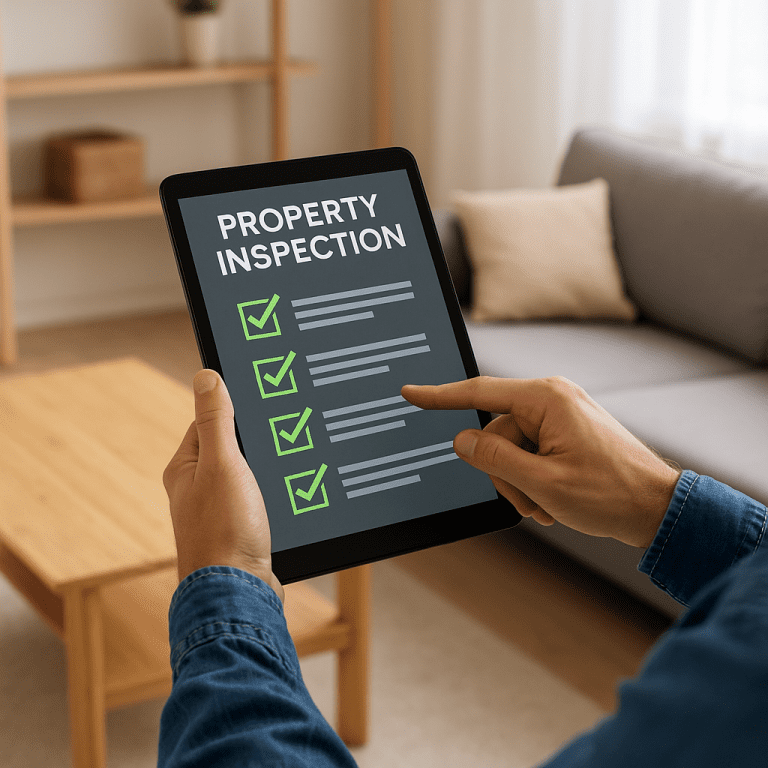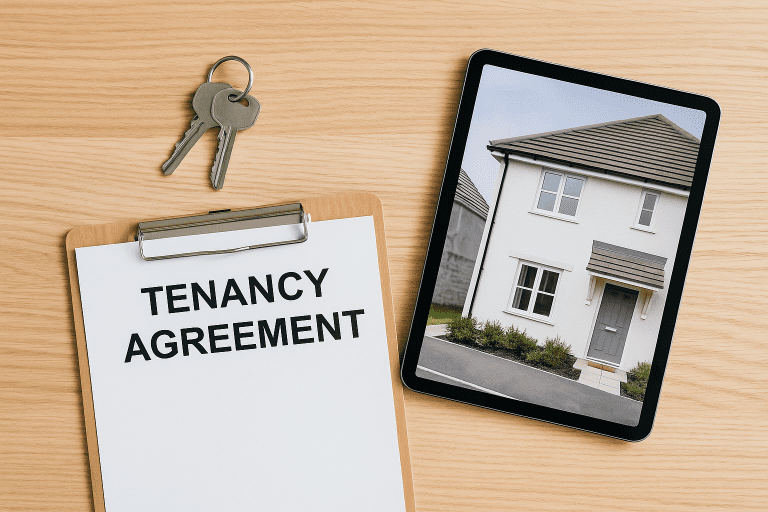Preparing for an EPC
Preparing for an EPC: Everything Landlords and Homeowners Need to Know
Energy Performance Certificates (EPCs) are essential documents that rate the energy efficiency of a property. Whether you’re selling, letting, or refinancing, an EPC is legally required — and your rating can affect property value, rental appeal, and even your legal compliance.
What is an EPC?
An Energy Performance Certificate (EPC) provides an energy efficiency rating from A (most efficient) to G (least efficient), along with recommendations to improve performance. It’s valid for 10 years and must be produced by a qualified Domestic Energy Assessor.
When Do You Need an EPC?
- When selling a property
- When renting out a property to a new tenant
- When building a new property
- For refinancing with some mortgage lenders
What Does the Assessor Check?
During the EPC survey, the assessor will review:
- Wall and loft insulation
- Double or triple glazing
- Heating system efficiency and controls
- Hot water system
- Lighting type (LED vs. halogen/incandescent)
- Construction age and materials
The inspection is non-invasive and usually takes 30–60 minutes, depending on property size.
How to Prepare for an EPC Inspection
- Clear access to the boiler, loft hatch, electric meter, and hot water tank
- Make documents available — e.g. installation records for insulation or double glazing
- Replace bulbs with low-energy LEDs where possible
- Ensure heating is functional to demonstrate the system’s age and controls
How to Improve Your EPC Rating
Implementing the assessor’s recommendations can improve your rating — especially useful before selling or letting:
- Upgrade loft and cavity wall insulation
- Install a modern condensing boiler
- Fit smart thermostats and controls
- Switch all lighting to LEDs
- Consider secondary glazing or triple glazing
What Happens After the Assessment?
You’ll receive a digital EPC document showing your current and potential ratings, along with a list of recommended improvements. You can check your certificate via the EPC Register.
Legal Requirements for Landlords
Since April 2020, it has been illegal to let a property with an EPC rating lower than E (unless exempt). If you’re unsure about your legal obligations, view our EPC service page or contact us for guidance.
Working with estateServices
We provide fast, professional EPC assessments across Surrey, Berkshire and Hampshire. Our certified assessors use the latest digital tools to deliver compliant reports, typically within 24 hours.
Book Your EPC Now






